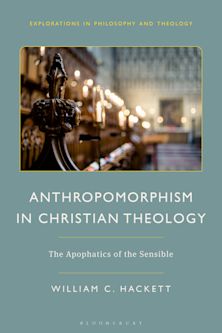Ecowomanism at the Panamá Canal
Black Women, Labor, and Environmental Ethics
Ecowomanism at the Panamá Canal
Black Women, Labor, and Environmental Ethics
This product is usually dispatched within 1 week
- Delivery and returns info
-
Free US delivery on orders $35 or over
Description
In Ecowomanism at the Panamá Canal: Black Women, Labor, and Environmental Ethics, Sofia Betancourt constructs a transnational ecowomanist ethic that reclaims inherited environmental cultures across multiple sites of displacement. Betancourt argues that women in the African diaspora have a unique understanding of how a moral refusal to compromise their humanity provides the very understanding needed to survive what was once an inconceivable level of environmental devastation. This work is guided by the experiences of West Indian women, imported to Panamá by the United States from across the Caribbean, whose labor supported the building of the Panamá Canal—the so-called silver men and women who faced mud, mosquitoes, and malaria while building a literal pathway to the American empire.
Table of Contents
Chapter 2: Geography, Countermemory, and Resistance
Chapter 3: The Silver Sisters: Ecocreolization at the Panamá Canal
Chapter 4: Dignity and Striving: An Ecowomanist Moral Anthropology
Product details
| Published | Feb 09 2022 |
|---|---|
| Format | Hardback |
| Edition | 1st |
| Extent | 162 |
| ISBN | 9781793641380 |
| Imprint | Lexington Books |
| Illustrations | 3 b/w illustrations; 1 tables; |
| Dimensions | 9 x 6 inches |
| Series | Environment and Religion in Feminist-Womanist, Queer, and Indigenous Perspectives |
| Publisher | Bloomsbury Publishing |
Reviews

ONLINE RESOURCES
Bloomsbury Collections
This book is available on Bloomsbury Collections where your library has access.


































